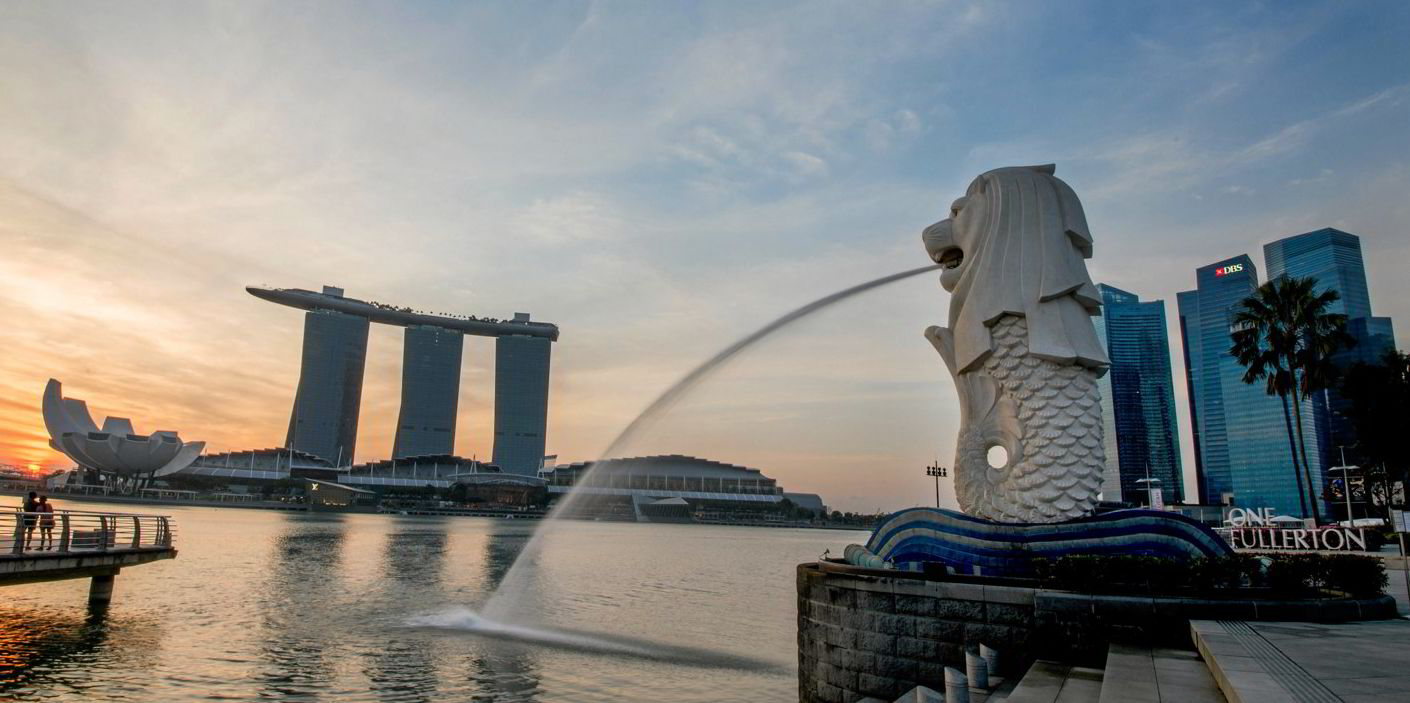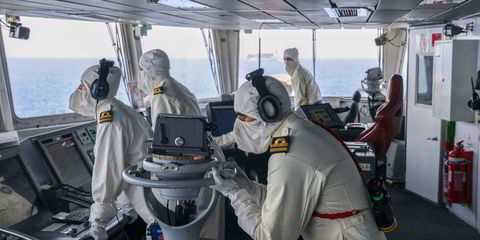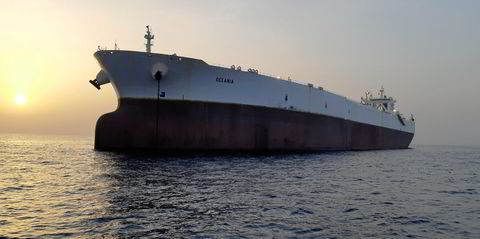A carbon-tracking start-up has secured backing from some major names in the shipping industry as it looks to develop its technology for the maritime sector.
Everimpact has just raised $1.6m in seed funding as well as agreeing an engineering collaboration with Wilhelmsen and Mitsubishi Corp.
Motion Ventures led the funding round which also included IMC Ventures, MOL Plus, the Asian Development Bank’s venture arm ADB Ventures, Blue Star Group and Rainmaking.
Everimpact said the two-pronged engineering collaboration and capital consortium approach was structured to “accelerate the engineering of its hardware”.
“CO2 emissions in maritime are currently measured via calculations predicated on assumptions or visual analysis of smoke coming out of exhaust stacks,” the company said.
Founder and chief executive Mathieu Carlier said accelerating the engineering of Everimpact’s hardware to measure physical carbon emissions on vessels will solve “one of shipping’s most overdue challenges”.
“Complexities, like cost of hardware, extreme temperatures in exhaust stacks and weather conditions, have prevented others from cracking the code but by joining hands with maritime’s most influential companies through our engineering collaboration and seed raise, we really have the best opportunity to see market adoption,” he said.
Everimpact’s hardware has already been proven in urban environments, with more than 100 sensors being used to measure the carbon footprint of eight cities across Europe and the UK.
The hardware being developed for the new maritime application will display real-time actual CO2 data captured by internet-of-things sensors installed on the exhaust stack of ships and will give vessel owners visibility on ways to optimise ship operations.
This solution will be installed and trialled on a number of ships owned by the Mitsubishi Corp group to validate the system before commercialisation at scale.
A smart CO2 dashboard will allow access to emissions data as it is being physically emitted via smoke to discover opportunities for reductions and receive certified data for reporting and decarbonisation efforts.
Takafumi Oka, general manager of Mitsubishi Corp’s ship department, said this project will help transform the maritime industry into one that is more transparent and reliable for carbon emission monitoring and reporting.
“Making carbon emission visibility possible aligns with new regulatory and compliance measures, such as CII [Carbon Intensity Indicator] and the carbon pricing market,” he said.
Nakul Malhotra, vice president of emerging opportunities portfolio, maritime services, at Wilhelmsen, said: “Everimpact’s solution is already proven for urban environments, but we now have an opportunity to take it significantly further.
“Our collaborative work could help them take a leap forward in the maritime industry and then have ripple effects on other industries too — making the hardware work onboard one of the harshest operational settings opens up possibilities to introduce it to almost any industrial setting thereafter.”
James Ong, principal at IMC Ventures, said Everimpact has a “unique approach” towards developing a maritime carbon-tracking and offset platform, using nano-sensor technology to trace the greenhouse gas emissions from vessels, and connect it to the carbon offset platform.






